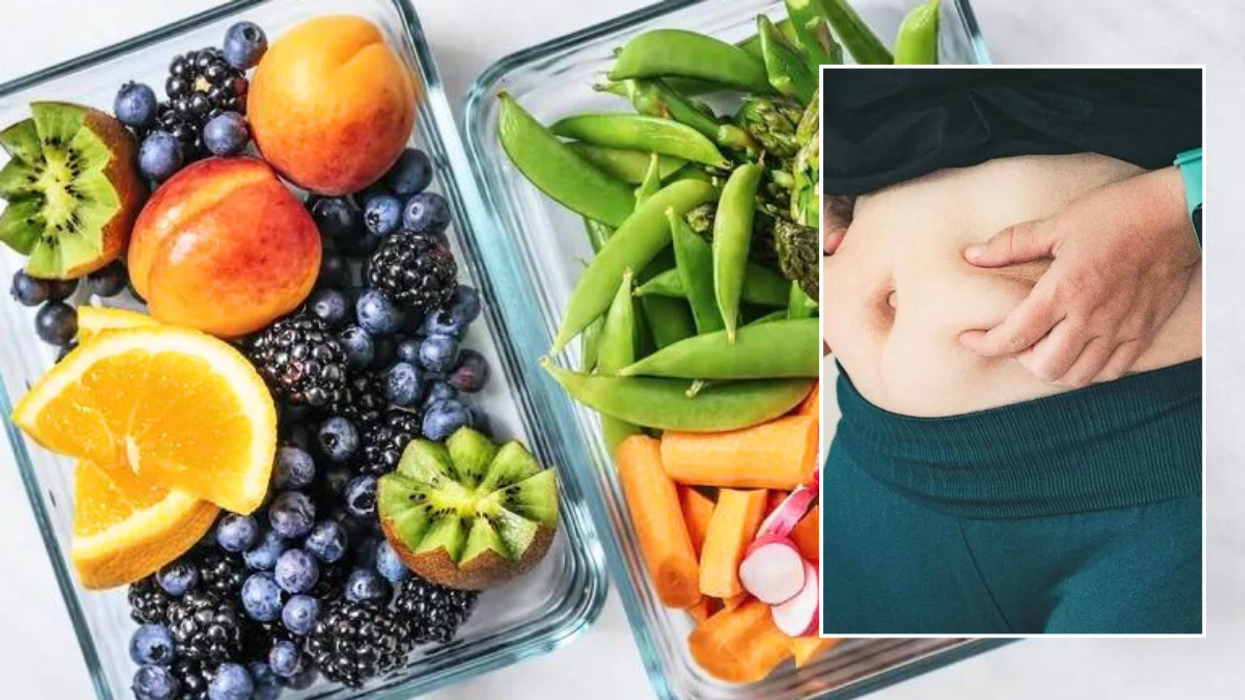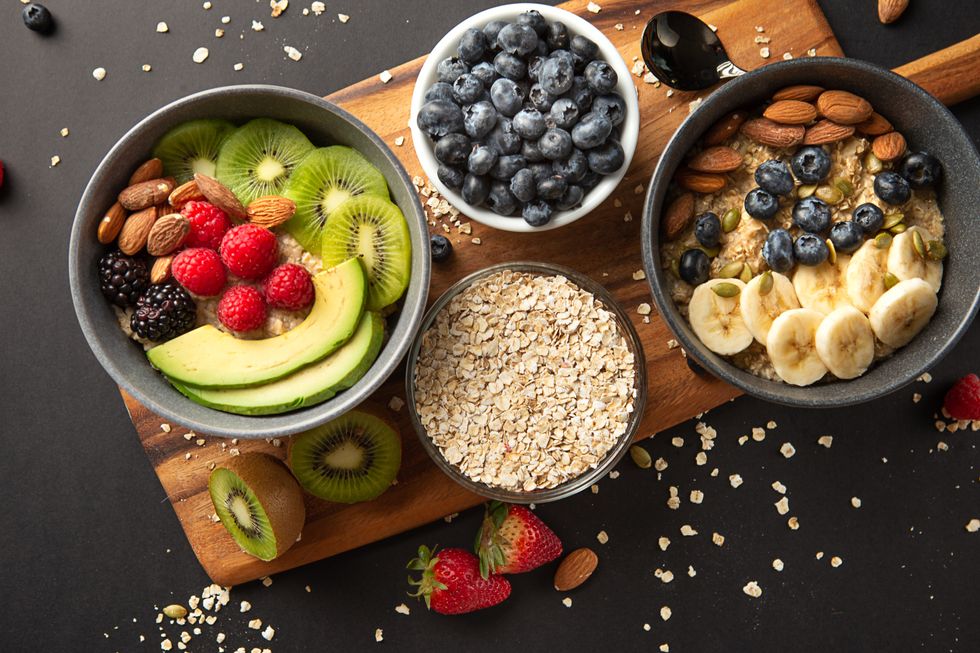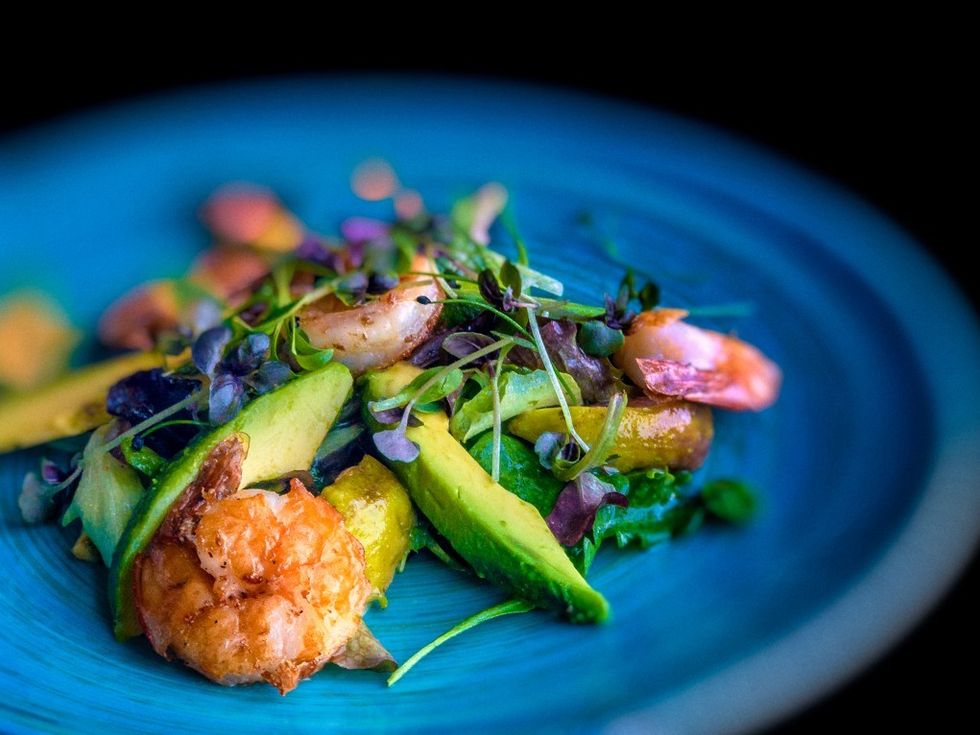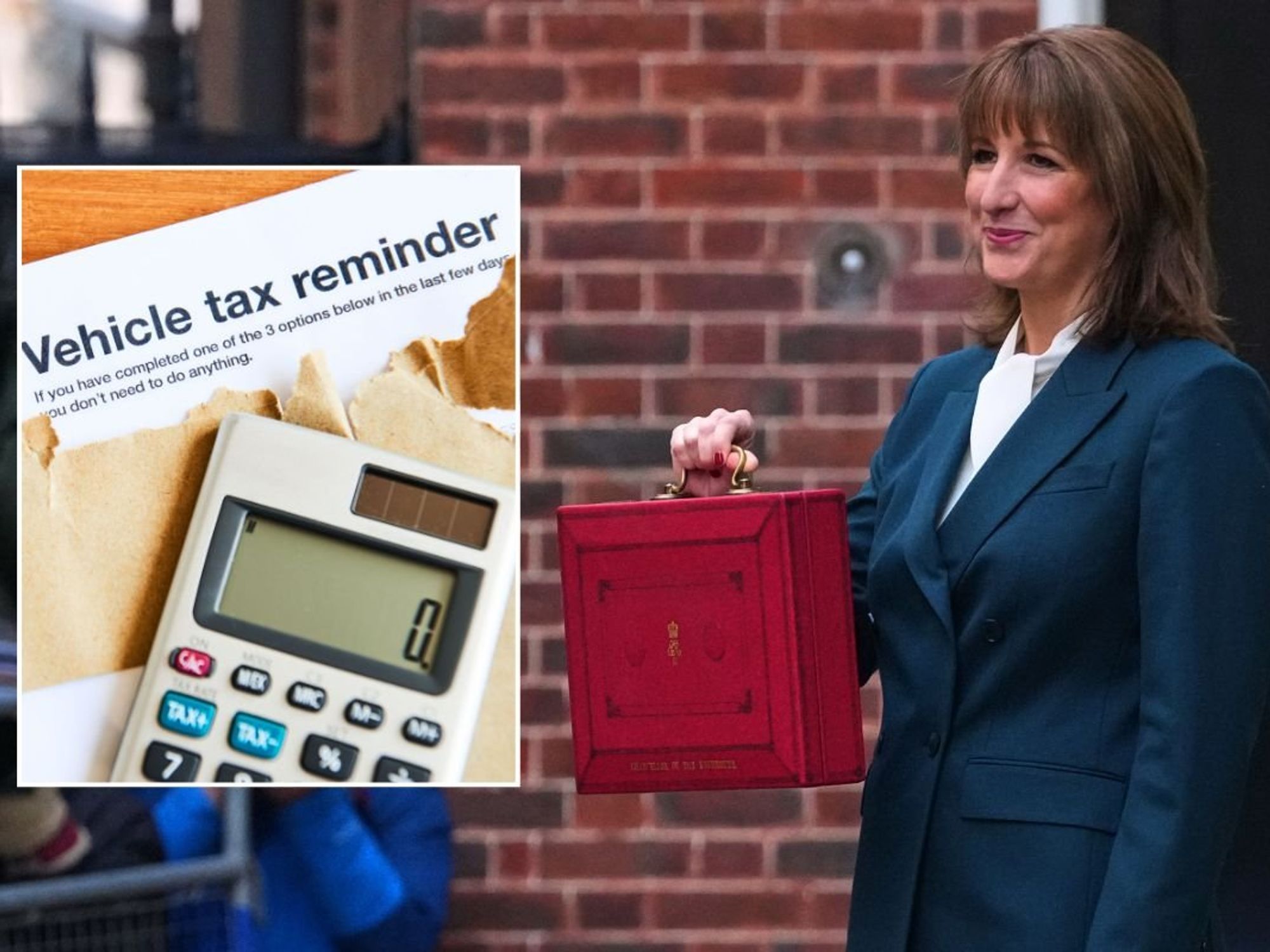Nutritionist shares weight loss tip that is 'more beneficial than trying to eat less'

Nutritionists shared advice
|GETTY

Eating the right foods can be more beneficial than simply cutting calories
Don't Miss
Most Read
Latest
Eating fewer calories than you are burning will lead to weight loss, but this is not always the most sustainable approach.
A nutritionist shared where slimmers should put their focus instead to "promote long-lasting weight loss".
Eating foods high in fibre, protein and other essential nutrients is key for a healthy lifestyle.
While dropping calories can lead to weight loss, it is easy for this to become unhealthy and unsustainable.
 Fruit, nuts and yoghurt are some of the best foods to snack on | GETTY
Fruit, nuts and yoghurt are some of the best foods to snack on | GETTYSo, "making healthier food substitutes" rather than counting calories could be the best way to start, according to nutritionists at Second Nature.
They said: "Instead of focusing all your energy on trying to ‘eat less,’ making healthier substitutes throughout the day is more beneficial.
"Rather than reaching for an unhealthy sweet treat, fill your cupboards with healthy snacks, such as fruits and nuts, for when you feel peckish between meals."
Not only is this great for overall health, but snacking on natural whole foods often naturally leads to a reduction in your overall calorie intake.
This is because they are often packed full of fibre or protein, which both help the body feel fuller for longer.
Sugary snacks, on the other hand, give an instant burst of energy but dieters may feel hungry again quickly despite having consumed a lot of calories.
The experts explained: "Sugar-filled snacks can often cause you to become hungrier, so it’s essential to be mindful of healthier substitutions to fuel your body while on your weight loss journey."
Healthy snack ideas include fruits, chopped vegetables and humous, a handful of nuts or seeds, a protein shake or yoghurt.
Another way to enhance your weight loss results is to change how you serve your food, according to one nutritionist.
LATEST DEVELOPMENTS

Eating from a blue plate can suppress the appetite
|GETTY
Guna Bilande of Weight Loss Riga said eating from neon-colour plates and bowls - particularly blue ones - can suppress the appetite.
She said: "The unusual colours create a visual disconnect that can trick your brain into thinking that the food is less appealing.
"This can lead to reduced hunger and smaller portion sizes. Our brains are wired to find certain colours of food more appealing and by using neon-coloured plates, we are disrupting those natural cues."










